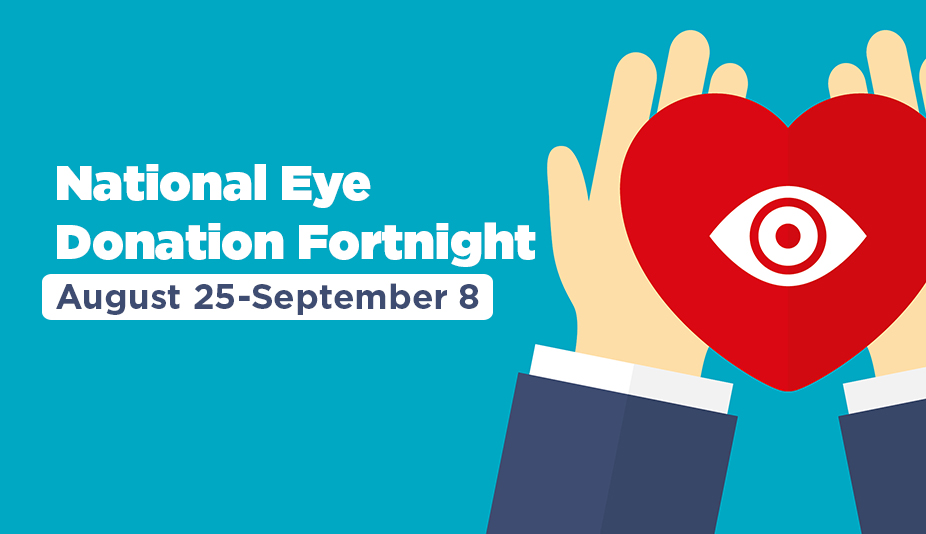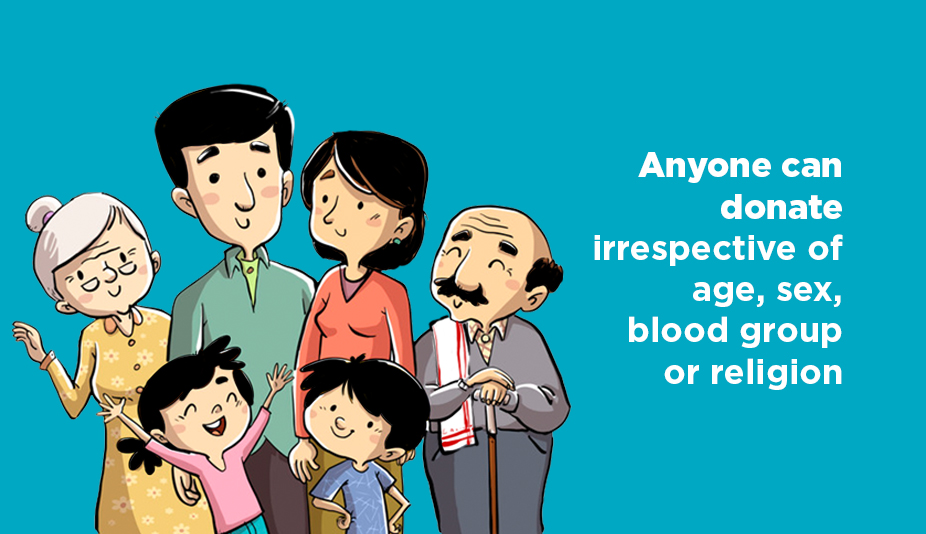Importance of Eye Donation

Though all organs of the body are equally significant, eyes can somehow be considered a little more special. It renders us vision and lets us enjoy the aesthetics that the world has to offer. However, due to several kinds of visual impairments, many people lose their vision and the world turns dark to them. We can give them the gift of light by a simple step of eye donation.
Blindness is a major cause of concern around the world today. According to WHO, after cataract and glaucoma, blindness is mostly caused by corneal impairments. Most of these impairments are curable, specially through eye donation, which refers to donating one’s eyes after death. Just like any other body organ, the cornea of the eye can also be donated after death which will render vision to the blind.

However, due to lack of awareness, social or religious reserves, etc., eye donation is yet get it’s due importance in our country. Thus, to raise awareness among the masses on eye donation, the National Eye Donation Fortnight is observed from August 25 to September 8 every year.
Donated eyes are used to restore vision in people suffering from corneal blindness. Cornea is the clear tissue covering the front of the eye. If it is impaired, vision is reduced or lost. In such cases, vision can be restored by a simple surgery called keratoplasty wherein the cornea is replaced. As of today, there is no other solution for corneal blindness than the replacement of cornea.
 Did you know?
Did you know?
- Anyone can be a donor irrespective of age, sex, blood group or religion
- Anyone with cataract, long/short sightedness, operated eyes or common illnesses can donate eyes.
- Corneal blindness can be treated by replacing the damaged cornea with a healthy donated human cornea.
- It is essential to remove cornea from the body within six hours of the person’s death
- Donation of eyes by one person can give vision to two corneal blind persons
- Total procedures take 15-20 minutes. No scar or disfigurement is left in the face of the donor
- Eyes cannot be traded in any way. It is a punishable offence.
- Identity of both donor and receiver is kept anonymous
- All facilities for eye donation are provided free of cost at govt institutes and NGOs
- Willing persons may get themselves registered at an eye bank. After their death the eye bank must be informed and their team will come over to extract the cornea
 Assam, too, has facilities for eye donation. Several govt or non-govt institutes are working towards raising awareness among people regarding eye donation. Many institutes offer the facility. A few govt institutes have been listed below:
Assam, too, has facilities for eye donation. Several govt or non-govt institutes are working towards raising awareness among people regarding eye donation. Many institutes offer the facility. A few govt institutes have been listed below:
- Regional Institute of Ophthalmology (RIO), GMCH (Ph no: 9678002222)
- Silchar Medical College and Hospital, Silchar (smcassam.gov.in)
- Assam Medical College and Hospital, Dibrugarh
Needless to say, eye donation is truly a divine deed. What can be more noble than giving someone the gift of light and let them see the world in colours? However, many misunderstandings Android misbeliefs come in the way of this noble deed. Let us all pledge to eliminate the misbeliefs surrounding eye donation and raise awareness on the issue.



Total Comments - 0